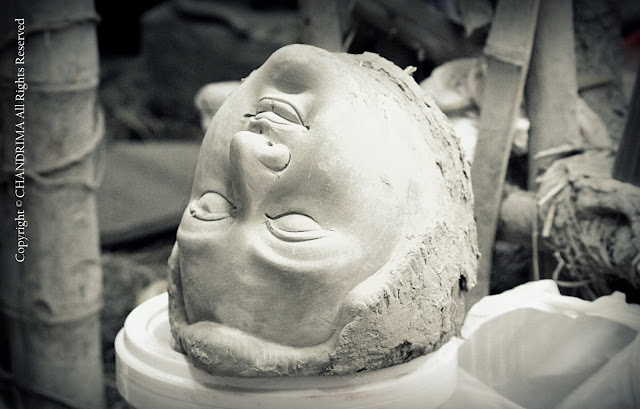Of All the Poems I Have Written
Of all the poems I have written, today I return to the same question: why does memory always circle back to the one face I could never claim? He was the man I chased for six years, the man who dismissed me as nothing more than a “frustrated soul,” the man for whom I committed a blunder that will haunt and jeopardize my life forever.
Ordinarily, my impatience restricts me to peanut-sized blog paragraphs, fragments that break off before they bloom. Poetry, for me, has always been rare... a language I approach cautiously, wary of rhymes as though they were stubborn stones I cannot polish enough. And yet, there are subjects so raw, so insistent, that they compel even the unpoetic to sing. Love’s labor lost is one such subject, a graveyard of half-remembered verses.
Earlier today, I sat at my desk and tried again. Each attempt began with hope, only to collapse into deletions, re-phrasings, and erasures. I wondered if it was my words failing me, or if my mind had finally grown tired of cobwebbing itself around that stale memory. At that moment, the tube light above me began to flicker furiously... like a moth trapped in the merciless jaws of a lizard, its wings still desperate to flutter free. I left my half-formed lines and went to the switch. On, off. On, off. After a strange ten-minute dance of shadow and glare, I coaxed the light into steadiness. And when it returned, it glowed brighter than it ever had before.
I sat down again, and instead of forcing new lines, I began to look backward. I remembered my first full-length poem, written at eighteen in my final year of school, also on the theme of unrequited love. The second followed at twenty, born out of the massacre of discovering my heartthrob entwined with another. As for the third, fourth, and fifth—my memory is too volatile to carry me back through that vulnerable maze. And yet, I can guess with some certainty that they, too, bore the same resemblance: tragedies echoing tragedies.
Threading these recollections together, I realized that each of my poems had grown out of brokenness. The fragments brought me back to Pablo Neruda’s Ode to Broken Things. I searched for it again today, inhaling not just its pathos but its quiet resilience, the way sorrow carries an undertone of survival. I wondered whether Neruda ever walked the streets of Calcutta. If he had, surely he would have witnessed the immersion of Durga idols into the river at the end of puja... thousands of clay goddesses dissolving into water, not as an ending but as a promise of renewal. From the same clay, remade each year, rise the new idols, each carrying in their body the dust of the broken ones.
So it is with everything fragile. Plates break, lamps fall, idols dissolve, and hearts too must one day fracture. But breakage is not the end. What shatters can be fastened. What falls apart can be reimagined. Perhaps the shards Neruda mourned now live as precious relics, gleaming in some stained-glass mosaic, set into the palace walls of memory. Their sharp edges have not vanished; they shine.
And I, too, am beginning to learn this. I do not yet know whether I have the strength to reconstruct all the broken things in my own life. But today, in a small way, I did. I restored a light that had nearly gone out, endured its flicker, and coaxed it back into brilliance.
That act itself felt like a metaphor: a rehearsal for resilience. And with it came a dream; that one day, all the poems I have written, born out of fracture and loss, will themselves be reassembled into a single prose mosaic. In that shape, they will not only recall breakage, but also relive and shine, cutting and gleaming from every edge they had once earned through the pain of being broken.

Comments
Post a Comment